Selective Activism in Public Education
Public School Educator in New Jersey
When I entered a district that prides itself in its empowerment and advocacy of students amidst a rapidly changing world, I did not think it was selective.
It is currently my eighth year as a middle school Language Arts teacher. Like many teachers, I am passionate and committed in what I do, and my students mean the world to me. When the War on Gaza following October 7th began, it became increasingly difficult to resume everyday life. I found myself directly affected by the painful images of innocent children, women, and men, being bombed, starved, and humiliated. Subsequently, I watched my own colleagues change their profiles to “I stand with Israel” while pushing misinformation to my beloved students. I watched our DEI coordinators send newsletters excluding any mention of Gaza, or Palestinians overall. The tension in the workplace became arduous, and I found it difficult to come into work everyday.
As an Advisor of the Muslim Student Association Club, I gained a lot of insight from talking to Muslim students across grade levels. I learned that some teachers were presenting biased information when discussing the Israeli-Hamas War; and what is worse, those teachers were dismissive when students asked questions regarding the loss of Palestinian lives since the ongoing occupation. My students, my wonderful and passionate students, told me they wanted to run an assembly to teach students about current events in an unbiased and fair way. They wanted to provide a safe space for students, where students could ask questions and gain answers that were not misleading or dismissive. I knew planning a school-wide assembly was unfeasible at the moment, so I offered the next best thing: a teach-in. The Club came together to decide that the event would be an optional information session offered after school instead. With the help of the students, we created a presentation using reputable and unbiased sources, a space for a Q&A, and a registration form to survey any students interested in attending. Once all the logistics were planned, I sent the announcement to the front office where the information of this event would be announced in the morning, and displayed on T.V. screens during lunches.
Once the announcement was sent, I received an email from the secretary running the announcements that this event was “too sensitive,” and that I should meet with the principal to discuss it. I was shocked for many reasons — one being that it is not the secretary’s job to approve of a Club event, and that no other events in the past had ever been questioned by him. Secondly, and more importantly, was that the conversations regarding the war were already happening in classes, so why was it suddenly now being deemed too sensitive for an afterschool program?
Eventually, I did meet with my school principal as there was no other way to get my message posted. To my surprise, he also found it “too sensitive,” and advised me to meet with different administrators and supervisors first to look at the information being presented. My students were crushed, as they had worked hard to plan this and the event kept being postponed without my principal’s final approval. I, myself, was also crushed, as I could not help but feel that it was because the discussion was coming from a Muslim Arab-American, that it was now being censored.
In my final meeting with my principal, I reiterated that this event is a student-led initiative, and that our district’s mission statement and strategic goals revolve around empowering student leaders and creating the global child. Students in my school are encouraged to share their passions regarding LGBTQ+ rights, Black Lives Matter, and Anti-Black or Anti-Asian hate. Additionally, these movements are often broadcasted in bulletin boards, assemblies, and lessons in the classroom; my ask was simply for an optional after-school event, and even this was being heavily scrutinized. I could not help but voice to my administration that it feels our district’s mission is only selective to particular issues that match the district’s agenda. Ultimately, I was able to gain approval, and my students ran a wonderful informative session teaching about the current events and the impact it has on everyone globally.
Though I would like to think the event was a “success,” in that we eventually ran the information session, the hostility in the workplace remains. Unfortunately, there are many teachers that are still pushing their own biased views onto students. They are not censored or scrutinized to the same degree I am, and that proves how much progress is yet to be made. In short, it has become abundantly clear that only selected teachers are being censored, and only selective topics are encouraged for students to discuss. Despite this, I believe there are still incredible teachers out there who commit themselves to learning the truth and teaching all sides to these important issues. It is a difficult time for a lot of Arabs and Muslims right now, but it is having teacher allies, and incredible students like the ones I have the honor of teaching, that keep me going.
Author: Anonymous
Image Credit: Luis Sinco/ Los Angeles Times Via Getty Images
